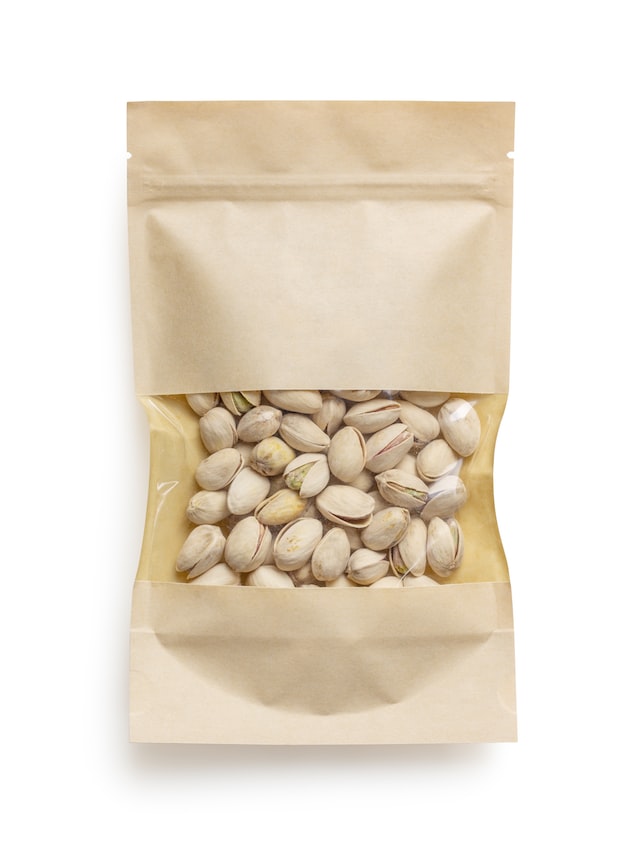Are you thinking about selling food in Canada? If so, you may wonder if and when getting a license is necessary. Whether you plan on selling food at the local farmer’s market or opening up shop downtown, understanding the legalities associated with your venture is essential for success. This blog post will discuss whether or not you need a license to sell food in Canada.
Do You Need a License to Sell Food in Canada?
In many cases, a food license is a must-have document for businesses involved in retail selling or distributing food items. Depending on the jurisdiction, these licenses may be issued by local health departments or county officials.
Obtaining a food license typically involves submitting an official application, providing detailed information regarding your business, and paying applicable fees. Additional requirements may include training sessions on food-related topics, such as sanitation and proper storage temperatures, plus passing inspections to ensure all necessary equipment and sanitary practices are up to standard.
How Much Does a Food License Cost in Canada?
The cost varies for small businesses seeking a food license depending on the state or municipality. In some cases, they may need a combination of permits and licenses to sell food legally. This requires getting all the paperwork in place, and may involve paying an initial fee as well as ongoing maintenance fees.
Many businesses turn to professional permitting services that can help them navigate the necessary steps to ensure they remain compliant with provincial regulations. Additionally, a lot of areas require periodic inspections by health inspectors, and passing these inspections helps protect consumers and may also impact licensing fees.
Who Needs a Food License?
A food license is essential for many small business owners in the food industry. Food license requirements depend on the type of business and can range from obtaining basic certifications to full regulatory compliance.
For example, businesses selling prepackaged food items may need a processing license, while restaurants and catering services may require additional permits from local health departments. Plus, food vendors who travel to public events or sell their products online may also need to comply with special regulations.
What Types of Foods Require a Food License?
In most cases, obtaining a food license is mandatory for any food-related business. This includes anyone who manufactures food products, such as candy or canned goods, for public sale.
By meeting the requirements and abiding by local regulations related to food production/sale, businesses can produce and sell their products safely, legally, and effectively.
Conclusion
So, do you need a license to sell food in Canada? The answer is that, in most cases, yes, a license is necessary. However, it can be difficult to navigate the process. Fortunately, there are services out there that can help you get everything you need to sell your food products legally, allowing you to focus on what you do best: running your business. So what are you waiting for? Start obtaining your licenses and get your food products out on the market today!
Need a hand navigating food license requirements in Canada? We’d be happy to help! Click here to book a complimentary consultation with the greater goods today.
